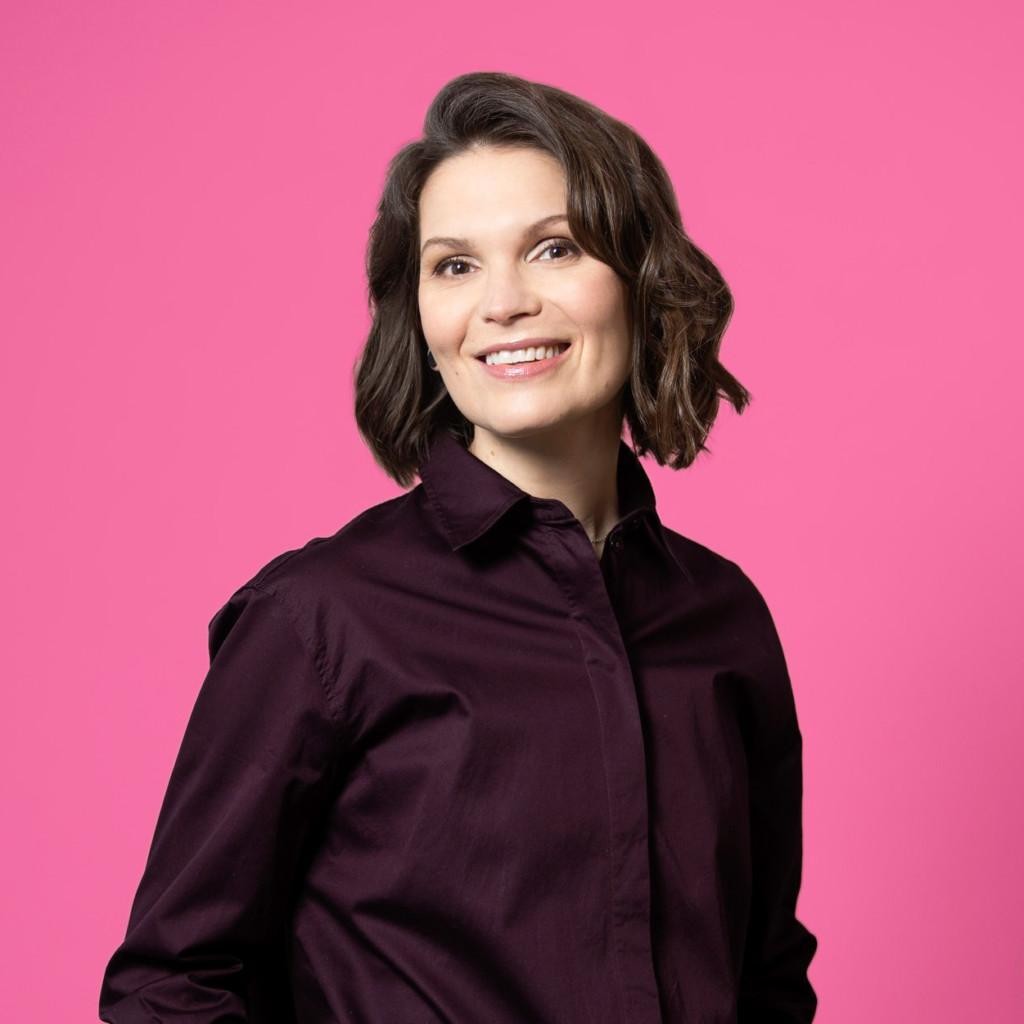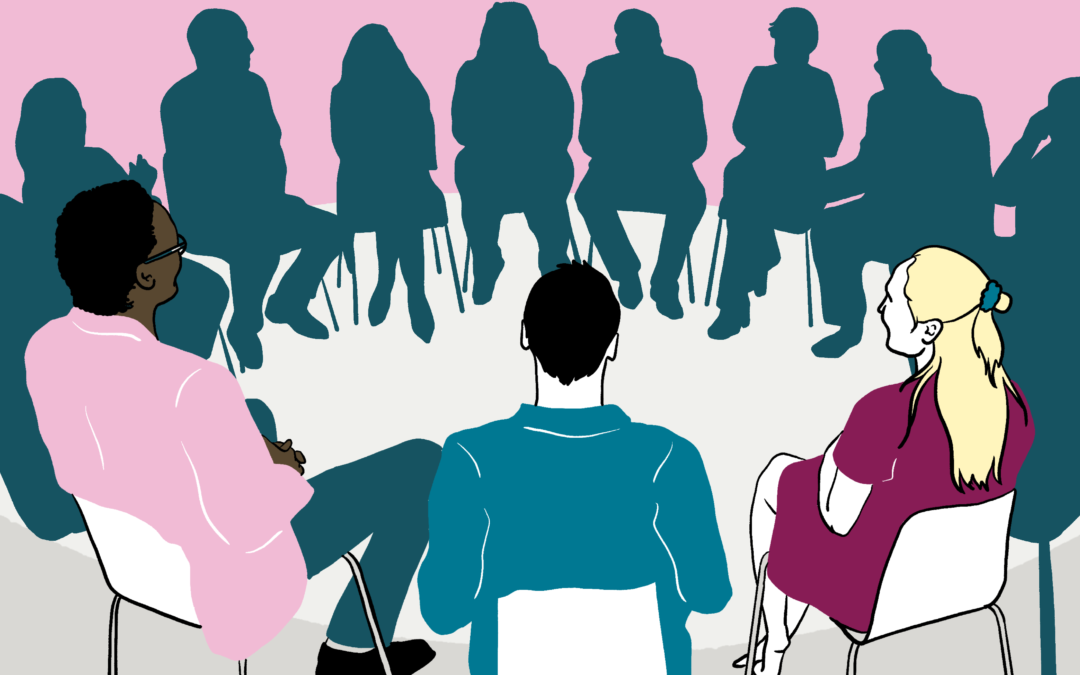”At the heart of cultural awareness is the belief that the learning environment becomes more vibrant when the facilitator develops an appreciation of and is responsive to all kinds of differences.”
Research shows that diversity in workforce is a success factor for companies that embrace diversity and commit themselves to diverse leadership. It is essential to see the benefit of diverse teams, especially in an international setting or in a field where talent cannot be sourced only locally. However, skillful facilitation is required for cultural differences to become the asset that enables wider learning and provides better decisions.
Bias and perceptions can hinder learning together
Our behaviour, view of the world and perceptions are determined mainly by the culture in which we grew up. What is good, right, appropriate, true, normal, acceptable, decent and offensive or hurtful are culturally relative terms. We consider our norms and values correct, and unconsciously, at times, we believe our own rules to be the correct ones.
Becoming confident in facilitating collaboration of diverse teams
In today’s working life, it is becoming increasingly necessary to have a better understanding of collaborating with people from different backgrounds. If you wish to become more confident in facilitating diverse teams and groups, you can begin by self-reflecting on your values and beliefs to discover unconscious biases or prejudices. In addition, you can interview other facilitators who are from different cultures. Ask about differences and similarities that have come up in previous workshops between the local and non-local participants and what they learned from those situations.
Facilitating diverse teams and groups
A facilitator is responsible for creating and maintaining a safe and open space for discussion and learning for all participants. The task is relatively easy when all participants come from a similar background and culture to which the facilitator belongs. However, many of our clients work in international environments, which creates a new level of opportunity and complexity in learning together. A diverse team provides an excellent opportunity for learning and creating something more visionary, but the challenge is how to make the best of such a situation.
Take these actions to ensure the workshop provides a fruitful space for learning together
1. Provide space and time for thinking and responding. People have different needs when formulating a response: some like to ponder longer and voice a better-prepared thought, whereas some tend to think aloud. In both these cases, quiet time to think is beneficial from the group’s point of view. Additionally, giving time ensures that different language skill levels have enough time to understand the task and formulate a response.
2. Take care to recognise cultural differences. People from more hierarchical cultures may feel uncomfortable contributing until the group’s power set-up is clarified. Hence, providing an opportunity for anonymous contribution can unburden the hierarchy space.
3. Take into account time zones. Ensure that the time of the meeting is humane for all participants. If this is not possible, consider utilising asynchronous co-working. At the beginning of a workshopIt is a good idea to note the different time zones’ effects on energy levels. Making the time of day or participants’ energy levels visible via a short exercise at the beginning of the workshop provides valuable information you can take into consideration during the workshop.
4. Collect information on language skills via a poll, which gives you an idea of what actions to take to retain a safe space and equal opportunities for participation. You may, for example, pair a person with language difficulties with someone that shares their language. This way, they can help each other.
5. Learn to tolerate differences. A part of a facilitator’s growth journey is to become familiar with one’s feelings. An experienced facilitator Myriam Hadnes advised us once that ”what we find annoying in others is often the part within us that we are rejecting. So as a facilitator, I try to befriend different parts of me so that I will be more compassionate towards others.” (To learn more from Myriam, listen to her podcast here: https://workshops.work/podcast/)
6. Support and elaborate upon non-local values and norms. It is important to reassure foreign participants that they don’t need to adapt to most local standards and expectations. At the heart of cultural awareness is the belief that the learning environment becomes more vibrant when the facilitator develops an appreciation of and is responsive to all kinds of differences.
Read here about our collaboration with WWF Finland, where we facilitated a workshop for a diverse group of people.
Diverse teams can benefit a great deal from their differences!
This broader range of thinking can create a truly innovative approach to collaborative learning during a workshop. The benefits lie in exchanging knowledge and expertise on many levels: cultural heterogeneity of ideas, skills, education, experiences and communication styles that foster an enriched, innovative learning environment.
Writers:

Liisa-Maija Malinen is a professional facilitator and a learning designer who is passionate about collaborative learning.

Nihayla Cijntje Viljainen is a communications specialist who works enthusiastically towards better learning, diverse workplaces.
Bennett, Janet M. Transformative Training.
Hyatt, L.; Leslie Evans, A. and Haque, Md Mahbudul. Leading across cultures.
Schaetti, Barbara; F. Ramsey, Sheila J. and Watanabe, Gordon C. From Intercultural Knowledge to Intercultural Competence.
Pinto, David. Interculturele communicatie, conflicten en management. (2004)
https://www.mckinsey.com/capabilities/people-and-organizational-performance/our-insights/why-diversity-matters)

